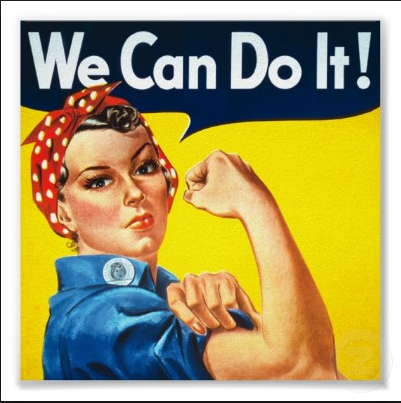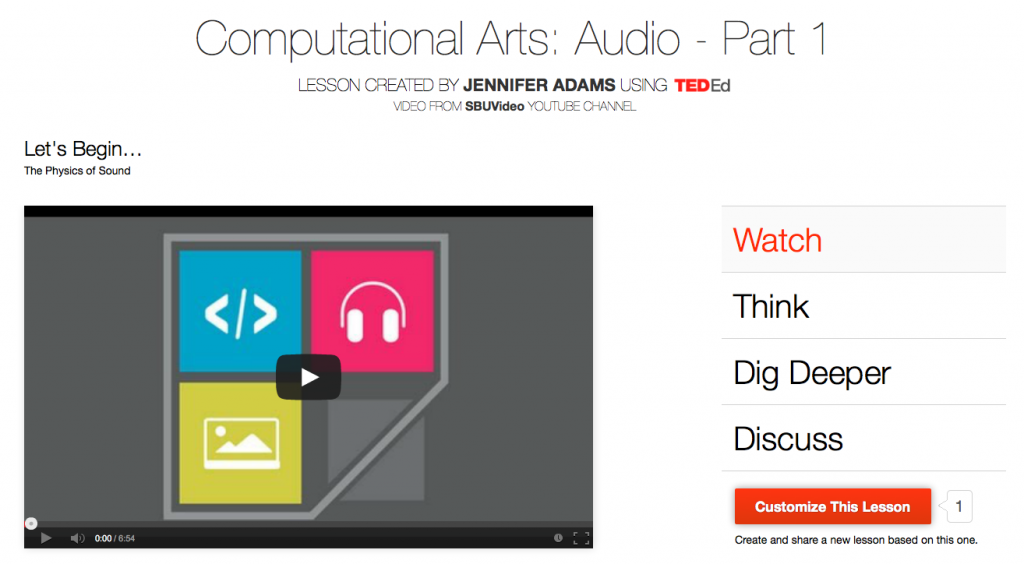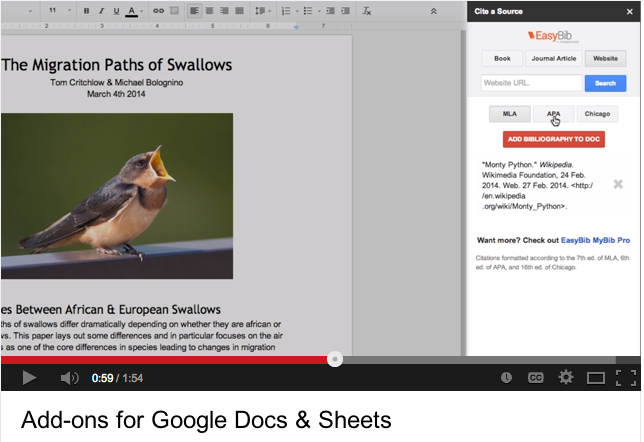100 years ago and prior, people knew how to do things. Sears, Roebucks and Co. sold kits to build your own homes. They delivered the plans and the materials to your lot, and you built it. People could eat off the land. Even those working in a factory might only bring a bowl and fork for lunch, and eat greens that they would pick off the surrounding property at lunch time.
Up until recently (and really most people still fall into this category), we modern society humans haven’t known how to do much. We would probably starve to death with edible plants growing in our own back yards. If, left in the woods, successfully building a shelter might depend on whether you had watched a season of Survivor or some other “left in the woods naked” reality TV show. (And really, how do you think that would really work out?)
Why has this happened? Why this dumbing down of the people? One reason may have to do with how much money it takes to get by. Another reason may have to do with the manufacturing requirements of an overpopulated society. Consumerism certainly doesn’t help. But something seems to be changing.
Now that all the knowledge of the world is so easily accessible, and answers are all around us – people can, and need to, learn how to do, make, tinker and innovate again. There are so many things to rediscover (not everything is innovation), mechanics, urban/vertical agriculture, textiles, 3d printing, woodworking, electrical engineering, — AND higher education is the perfect time to do it. Before you have a mortgage, while you still have time to explore, find your passion and discover the peers that make you tick! Some of these ideas could be the beginning to something wonderful, and some of those people might be the team that you go forward with to tackle challenges that face the world today. (Anyone interested in space elevators? Anyone have a great idea to remove all that space junk?)
Students don’t need to sit down and listen anymore for hours on end. They need to hold tools. We need a bit more pre/primary school, the scissors, work benches, glue, and mess. If given the chance, we will amaze ourselves with what we can accomplish. There is a renaissance coming. Let’s make higher education be a part of it.

Ironically, bringing women into the workforce may have led to a brain drain in terms of knowing how to do more practical skills around the house.
Like this:
Like Loading...




